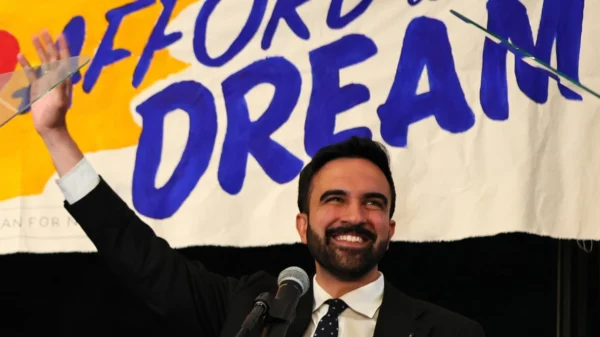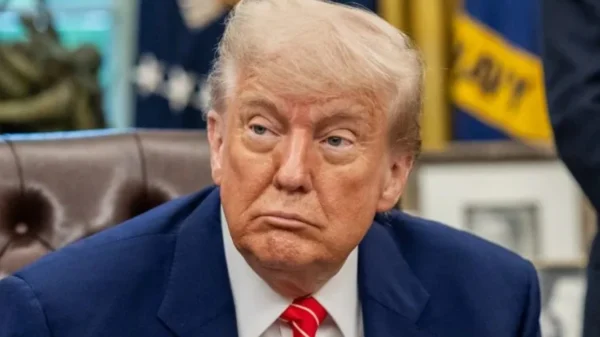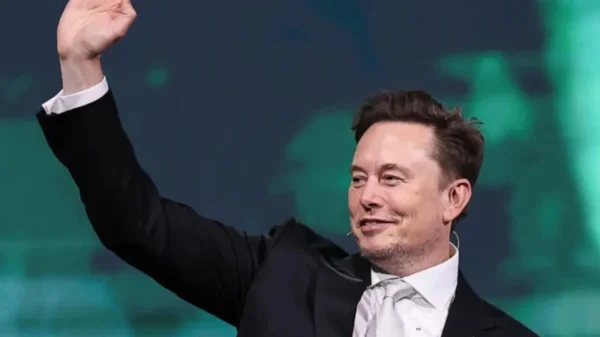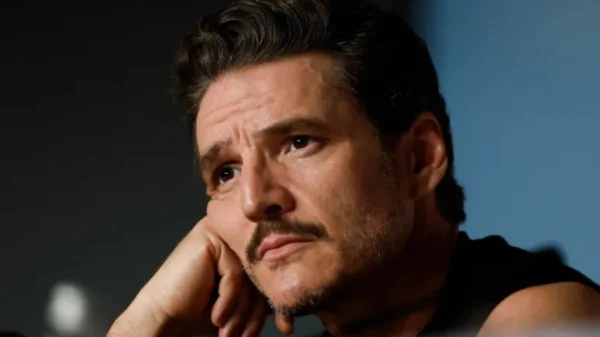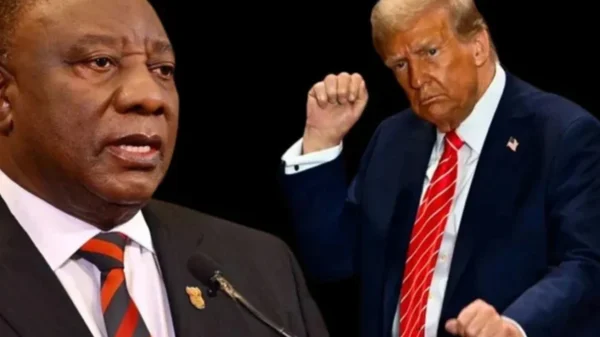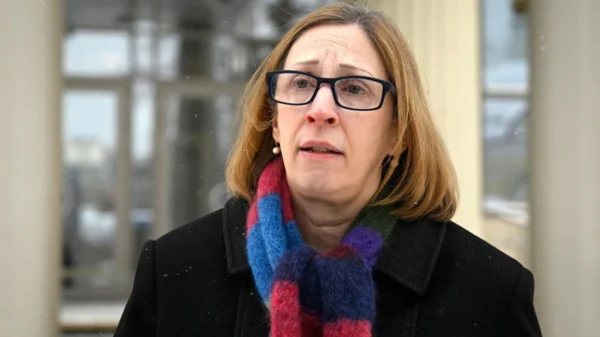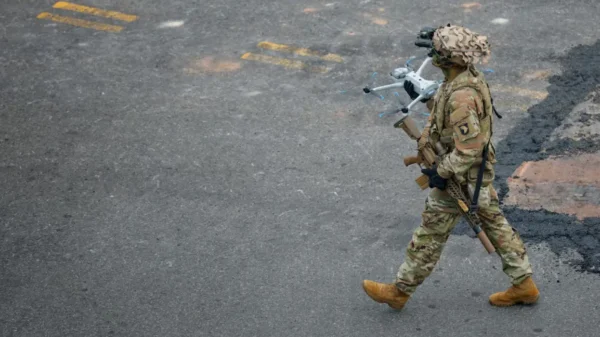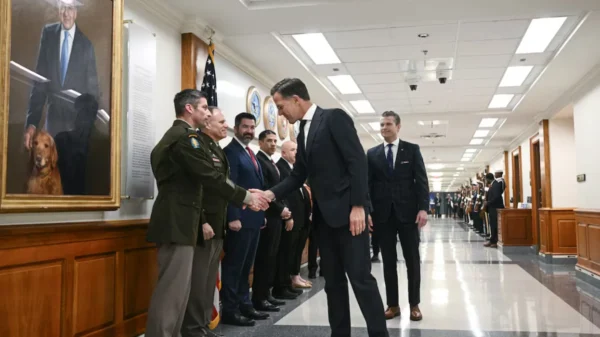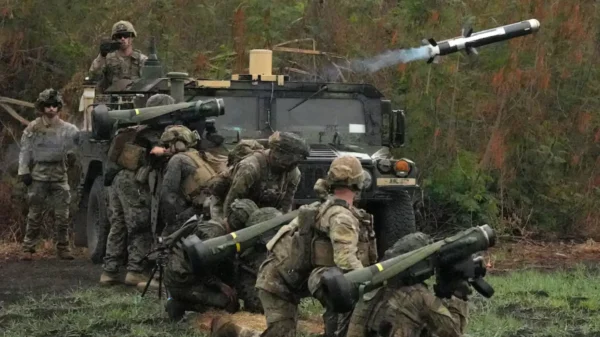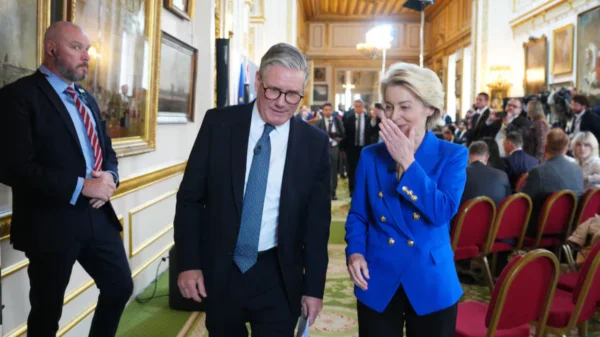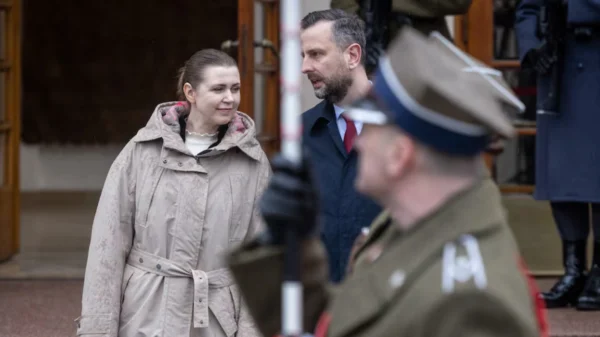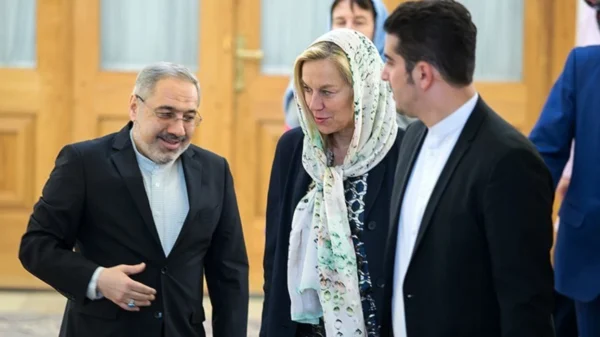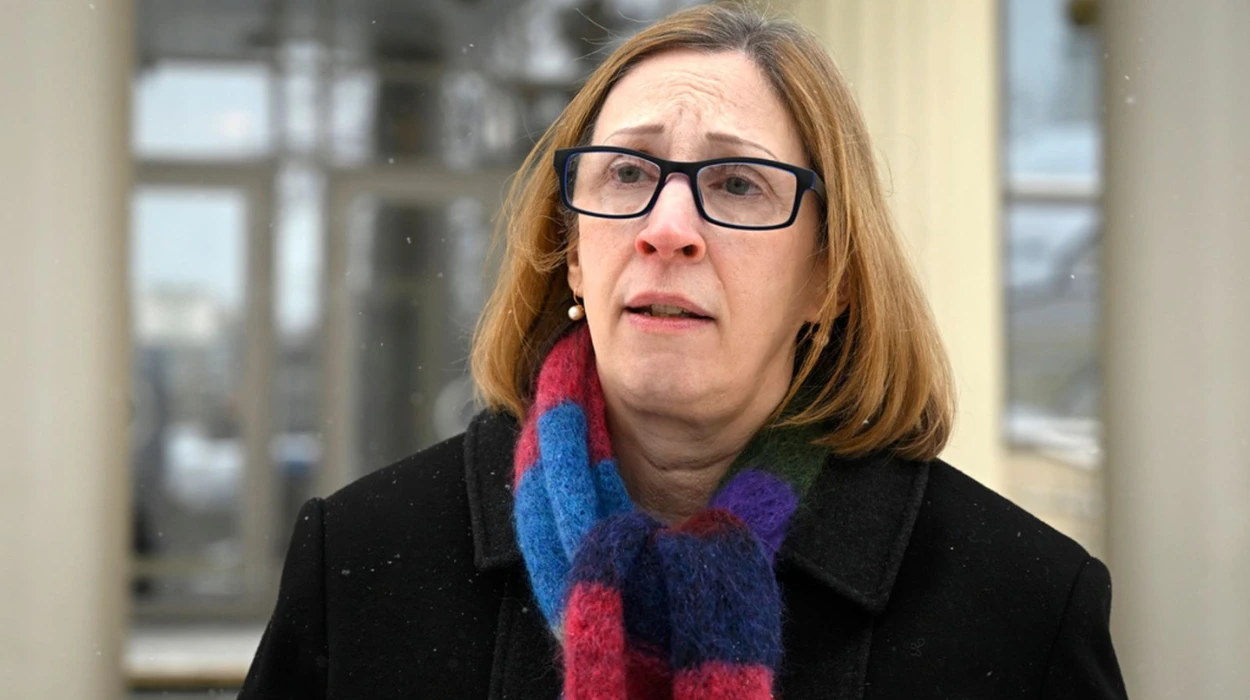Lynne Tracy, the first female US ambassador to Russia, is set to depart her post after two and a half years marked by unprecedented diplomatic tension and profound geopolitical shifts. Tracy, a seasoned career diplomat, was appointed by former President Joe Biden and began her Moscow assignment in January 2023, becoming the first woman in US history to serve as ambassador to Russia. Her departure comes at a pivotal moment, as Washington and Moscow cautiously explore the possibility of resetting their strained relationship.
Navigating a Diplomatic Minefield
Tracy’s tenure unfolded during one of the most challenging periods in US-Russia relations since the Cold War. The full-scale Russian invasion of Ukraine in February 2022 had already sent diplomatic ties spiraling to what the Kremlin described as “below zero”. Tracy arrived in Moscow amid anti-US protests and skepticism from Russian authorities, who questioned her suitability for the role and implied she would be better suited to a more aggressive think tank.
Despite these headwinds, Tracy maintained a steady commitment to dialogue and engagement. In a farewell message posted by the US Embassy in Moscow, she reflected,
“I am proud to have represented my country in Moscow during such a challenging time”.
She added,
“As I leave Russia, I know my colleagues at the embassy will continue to work to improve our relations and maintain ties with the Russian people”.
A Career Built on Eurasian Expertise
Before her appointment in Russia, Tracy built a distinguished career across the former Soviet space. She previously served as US ambassador to Armenia and held senior diplomatic roles in Turkmenistan, Kazakhstan, Kyrgyzstan, Pakistan, and Afghanistan. Within the State Department, she was senior adviser on Russian affairs and served as deputy chief of mission at the US Embassy in Moscow from 2014 to 2017. Tracy’s fluency in Russian and deep understanding of the region’s complex dynamics made her a natural choice for the Moscow post.
Championing Diplomacy Amid Crisis
Throughout her time in Moscow, Tracy faced the daunting task of representing US interests at a time when diplomatic contacts were severely limited. Washington’s imposition of sweeping sanctions on Russia and its steadfast support for Ukraine left little room for constructive engagement. Yet, Tracy was instrumental in negotiating the release of detained American citizens, including Wall Street Journal reporter Evan Gershkovich and former Marine Paul Whelan, who were freed in a major prisoner exchange in August 2024.
Her presence also sent a powerful message of solidarity with Russia’s embattled political opposition. Following the death of opposition leader Alexey Navalny in prison, Tracy paid her respects by laying flowers at the Solovetsky Stone in central Moscow, a gesture noted by Russian civil society groups.
A Farewell Rooted in Russian Culture
Tracy’s departure was marked by a message steeped in respect for Russian culture and history. In her farewell, she quoted lines from Alexander Pushkin’s poem “To Chaadayev,” underscoring the shared human values that transcend political divides.
“I have been inspired by my meetings with Russians who love their country and work every day for a better future. I would like to conclude with lines from Pushkin’s poem ‘To Chaadayev’, which speak of the love for the Motherland that lives in each of us. Goodbye!”
The excerpt she chose resonated with the spirit of hope and resilience:
“While still we burn with freedom’s flame,
While honor stirs our hearts,
My friend, let us devote to our homeland
The soul’s most noble impulses!”
Alexander Pushkin, quoted by Lynne Tracy
Transition and Uncertainty
Tracy’s exit leaves Washington without a top envoy in Moscow at a time when both nations are cautiously testing the waters for renewed engagement. Since President Donald Trump’s return to the White House in January, he has sought to overhaul Biden’s policy of isolating Russia, initiating several rounds of negotiations on issues ranging from Ukraine to prisoner exchanges and embassy operations. However, progress has been halting, with the Kremlin recently accusing Washington of being “not yet ready” to restore normal diplomatic functions.
As of now, President Trump has not nominated a successor to Tracy. The US Embassy in Moscow has not provided details on who will take over the critical diplomatic post. This leadership vacuum comes as both countries acknowledge the potential for improved business and investment ties, should relations stabilize. Yet, Trump has voiced increasing frustration over Russia’s ongoing military actions in Ukraine and the lack of a meaningful ceasefire.
Reflections on a Pivotal Era
Tracy’s tenure will be remembered as a period of resilience and principled diplomacy under extraordinary pressure. Her efforts to maintain open channels of communication, advocate for American citizens, and engage with Russian society have drawn praise from both American and Russian observers. The US Embassy’s statement captured the sentiment:
“Ambassador Tracy’s commitment to dialogue, even in difficult times, is an example of true diplomatic leadership”.
Her departure also highlights the broader uncertainties facing US-Russia relations. While both sides have expressed interest in a potential reset, deep-seated mistrust and unresolved conflicts continue to cast a long shadow. The next ambassador will inherit a complex, volatile landscape, with the challenge of balancing national interests against the imperative for stability and peace.
The Road Ahead
As Lynne Tracy prepares to leave Moscow, her legacy as the first female US ambassador to Russia is already secure. She navigated one of the most turbulent chapters in bilateral relations with professionalism, empathy, and a deep respect for the Russian people and their culture. Her departure marks the end of an era, but also the beginning of a new phase in the ongoing, often fraught, relationship between Washington and Moscow.

